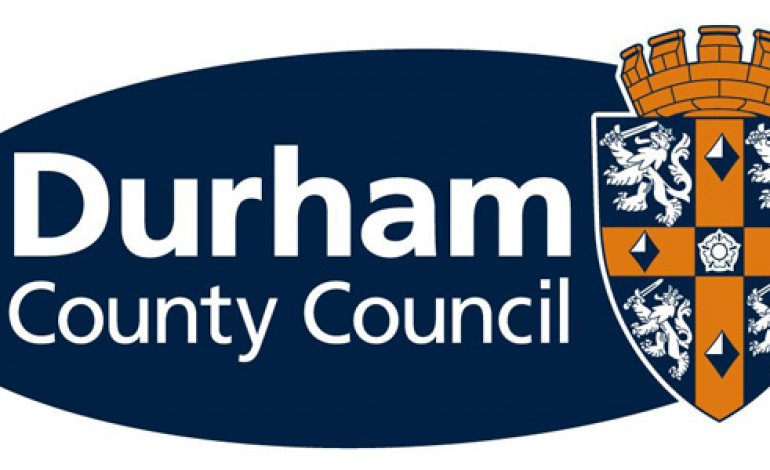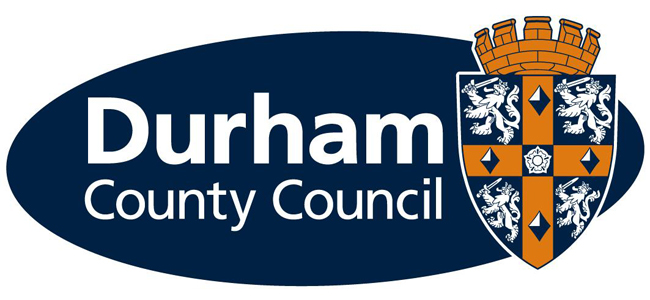Members of Durham County Council’s Cabinet are being asked to support proposals for a Local Council Tax Support Scheme, following the abolition of the national council tax benefits system next year.
Following a consultation exercise this autumn, a paper to members recommends the council preserves entitlement in line with what people would have received had the Government’s council tax benefits system remained the same next year.
This is for a one year period to try to protect some of the county’s most vulnerable families.
As with all local authorities, the county council must introduce a Local Council Tax Support Scheme ready for April next year to coincide with the abolition of the current national council tax benefit scheme.
The new system will replace benefit payments with discounts to those who qualify, but will see the Government’s grant to local authorities to fund these discounts reduced by 10 per cent.
It’s a scenario which leaves the council (and its neighbouring bodies such as the police and fire services plus local parish and town councils ) with a combined funding shortfall of £5.5m.
Pensioners entitled to council tax benefit are to be fully protected (Currently 50 per cent of the people entitled to council tax benefit in County Durham fall within this category) and the expectation from Government is that councils will reduce costs by removing entitlement from working age claimants.
Reducing the amount of council tax support people of working age are currently entitled to has been considered.
However, given the particular needs of County Durham, the areas of deprivation, the needs of the local claimants, the local economic conditions and the impact of the wider welfare reforms next year, Cabinet members are being recommended to look elsewhere to try and find a solution.
As a result it is proposed that money be recouped by abolishing a number of discounts previously available on empty properties and on second homes, together with the introduction of a council tax premium (150 per cent) on those properties which are ‘long- term empty’ (more than 2 years empty) to encourage the owners of these properties to bring them back into use.
The Cabinet member for resources, Cllr Alan Napier, said: “I am extremely concerned about the impact the national changes could have on some of our most vulnerable residents, particularly when considered in the light of the wider welfare reforms agenda.
“It may be that in the longer term this approach is simply not sustainable and we will keep the situation under constant review but I think it’s important to pilot this approach for an initial one year period.
“We will try to offset the funding gap by implementing the planned changes in the law regarding the right of local authorities to cut, and in some cases remove, council tax reductions on certain empty homes and unfurnished properties.
“This approach will have the added bonus of helping to bring some of these homes back into use.”
Cabinet members will consider the report and its recommendations at a meeting at County Hall on December 19.
The full paper is available to view on line at http://democracy.durham.gov.uk/ieListDocuments.aspx?CId=154&MId=6696&Ver=4









